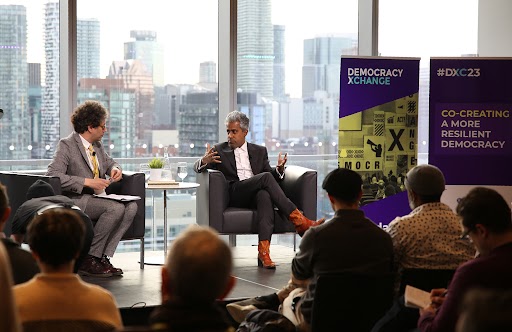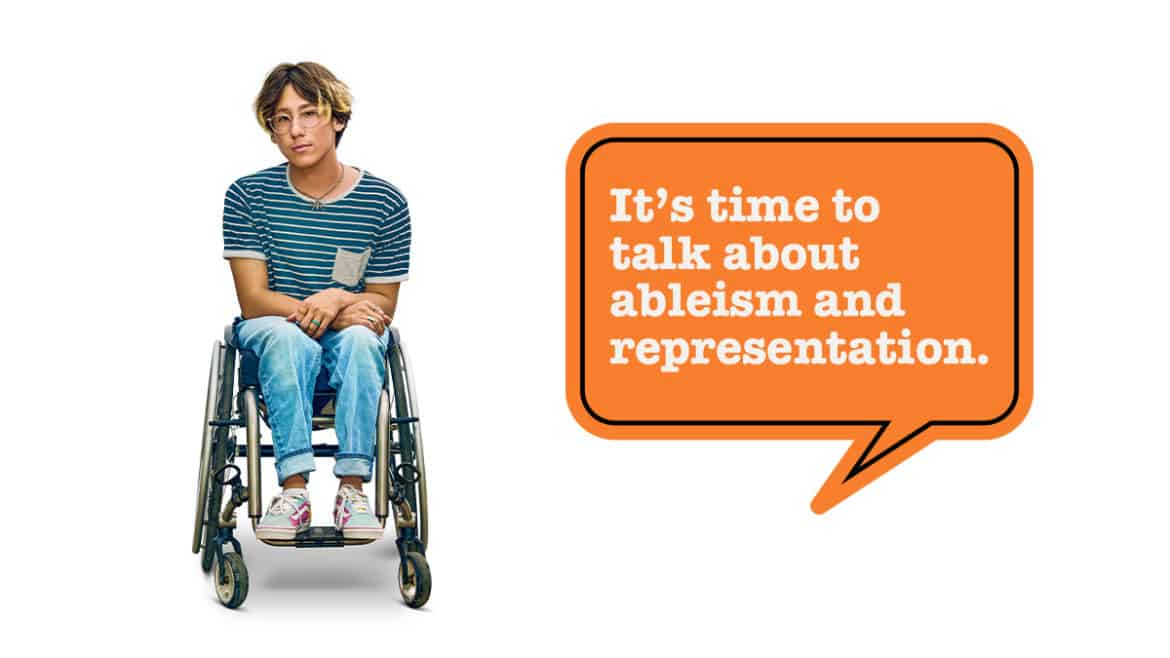Financer le changement narratif
Comment attirer l’attention et faire évoluer de manière significative les mentalités sur les enjeux qui sont leurs raisons d’être? Et comment le faire d’une manière qui donne la priorité au transfert du pouvoir narratif aux groupes concernés par ces enjeux? Avec un nombre croissant d’organisations qui s’engagent dans le changement narratif et partagent leurs expériences, de nouvelles façons de penser et d’aborder le travail émergent.







